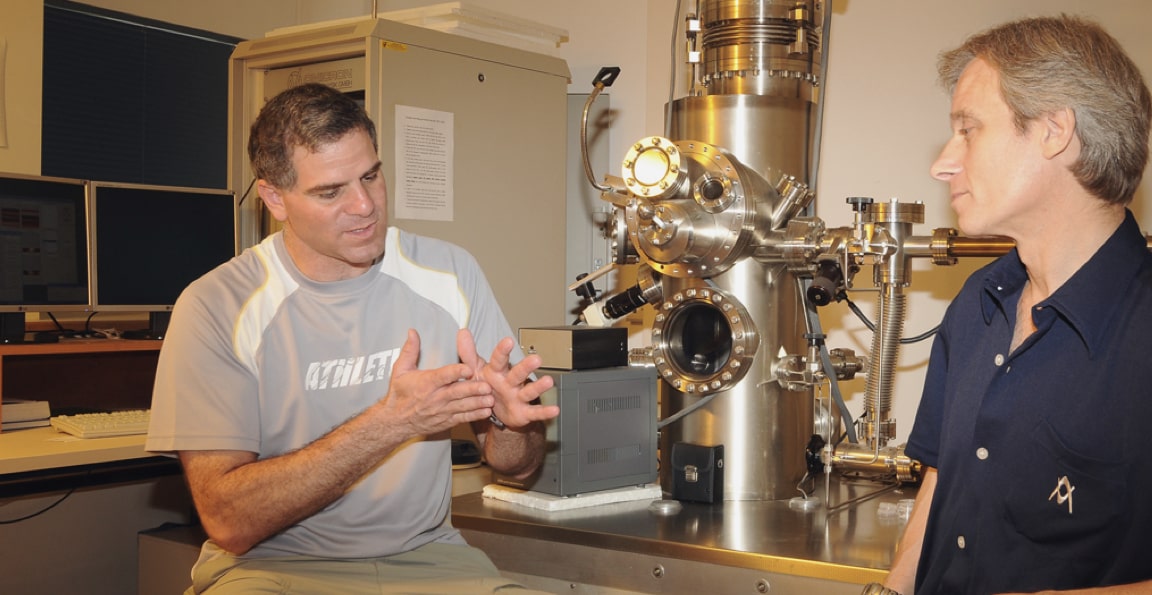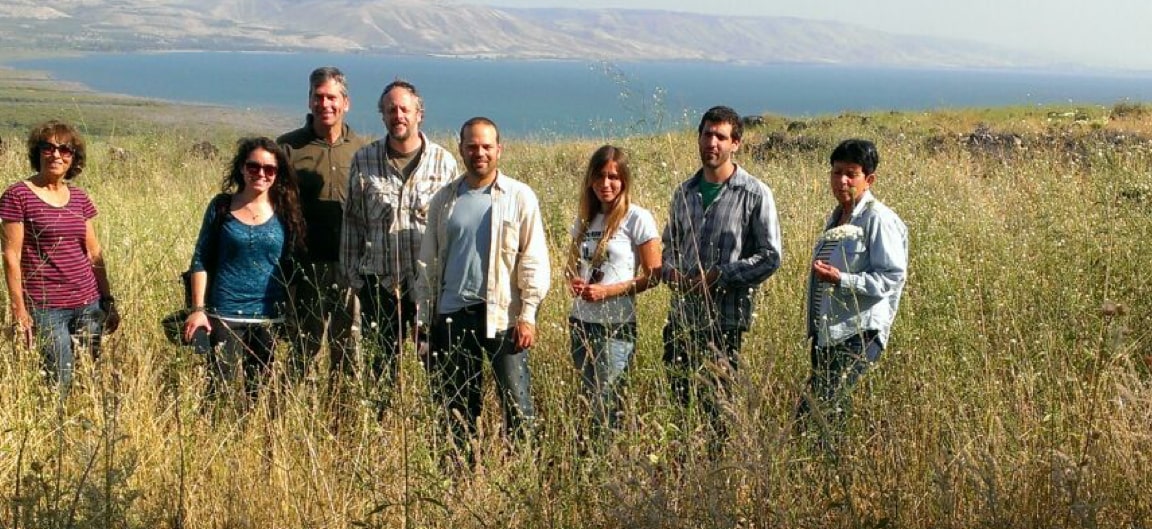
About the BSF
Collaboration between Israeli and U.S. researchers
The U.S.-Israel Binational Science Foundation (BSF) promotes academic relations between the U.S. and Israel by supporting innovative, hypothesis-driven, collaborative research across a wide range of scientific disciplines. Successful projects explore timely questions that are pertinent to the field, advance our knowledge of properties and processes that underpin the discipline, and serve peaceful and non-profit purposes.
Founded in 1972 by an agreement between the United States and Israel, the BSF is an independent body, directed by a board of governors consisting of five American and five Israeli members. Its base of operation is in Israel.
Funding for the research derives from the annual interest on an endowment contributed in equal parts by the two countries. Grants are made on a competitive, peer reviewed basis, juried by leading scientists from the U.S., Israel and around the world. Eligible projects must demonstrate outstanding scientific merit and clear collaboration between Israeli and American researchers from institutions throughout the two countries.

Since its inception, the BSF has awarded over $700 million (in today’s value) to over 5,400 research projects of the highest quality. Many of these have led to important scientific, medical and technological breakthroughs with wide-ranging practical applications.
The BSF is highly regarded among researchers in both countries as a facilitator of scientific cooperation. Numerous scientists participating in BSF programs have won prestigious awards such as Nobel Prizes, Turing Awards, and Fields Medals.
For example, six out of the eight 2004 Nobel Prize Laureates in science were recipients of at least one BSF grant, and several of them have received extensive support from the BSF – most notably Profs. Avram Hershko, Aaron Ciechanover (Technion) and Irwin Rose (UC Irvine), who were awarded the Nobel Prize in Chemistry for their joint discovery of the ubiquitin system for protein degradation.
The collaboration between the Israeli and U.S. research groups that led to this discovery was made possible by continuous support by the BSF over more than two decades.
Throughout the years, the BSF has had a very important impact on science in Israel. BSF grants have been a major source of funding for Israeli scientists, and have facilitated access to leading U.S. investigators and to the unrivaled infrastructure of American science. BSF-sponsored visits to Israel by top U.S. researchers benefit the entire Israeli scientific community. Moreover, cooperation with top Israeli scientists has greatly benefitted many U.S. participants, who are typically from the most prestigious American universities and U.S. government research institutes.
The BSF makes a great effort to minimize administrative expenses. A small and efficient staff distributes some $26 million per year in grant monies, with more than 95% of the annual budget allocated for research grants.

The BSF is highly successful in achieving its two main goals: strengthening the U.S.–Israel partnership through science, and promoting world-class scientific research for the benefit of the two countries and all mankind.
The great challenge facing the BSF today is to continue to meet the ever-rising costs of innovative research and the growing needs of Israeli and American scientists, with an endowment that has not been increased since 1984. In recent years, the BSF has launched a set of joint funding programs with the U.S. National Science Foundation (NSF). This set of NSF-BSF Programs has expanded rapidly, and is becoming an important vehicle to increase the scientific ties between the two countries. Israeli grantees in these programs are funded by the BSF, using support it receives from the Israeli Government; U.S. grantees in the NSF-BSF programs receive regular NSF awards.
